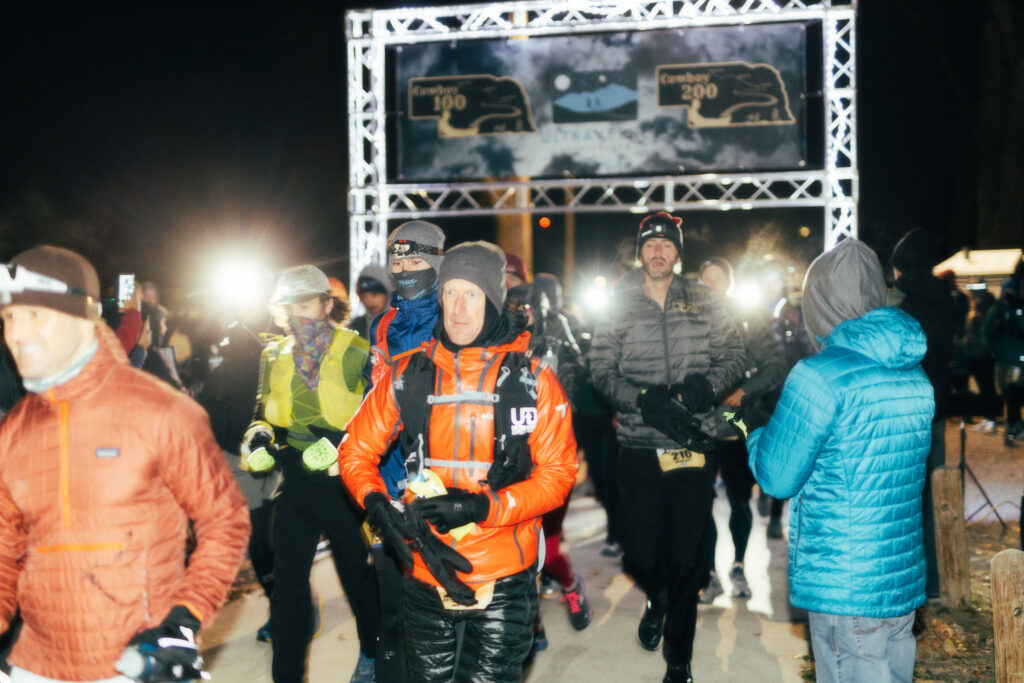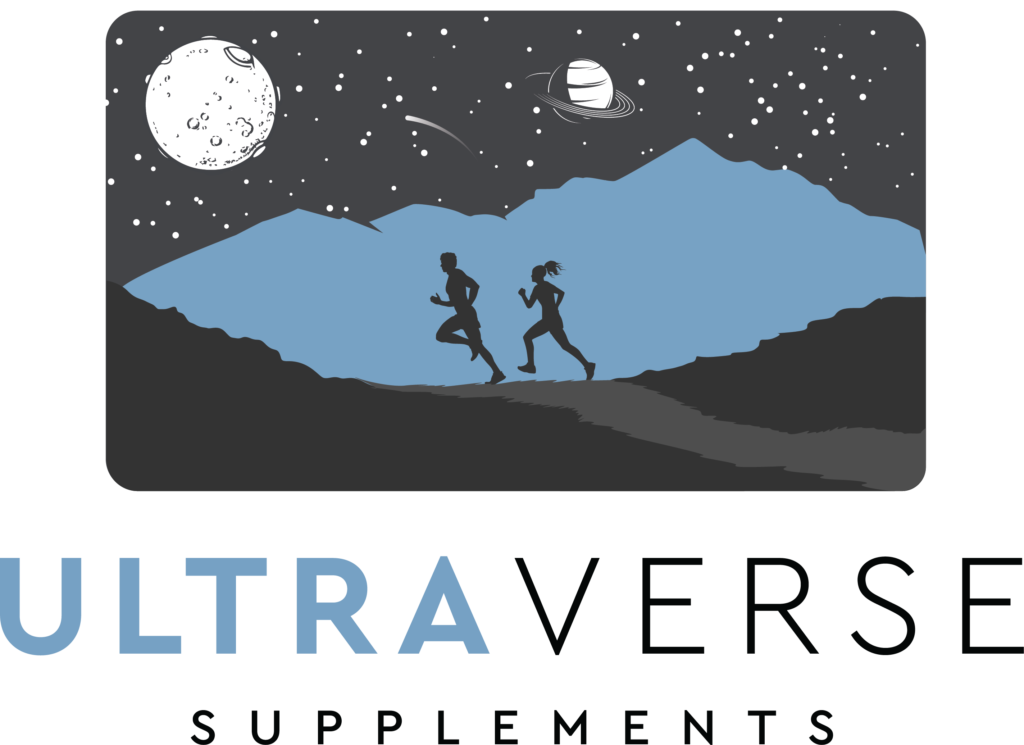Uncategorized
Stop Trying To Eat Healthy During An Ultramarathon
Do we really need to eat healthy during an ultramarathon? Is this really something that ultra-runners need to concern themselves with during such a grueling event? Well, it’s a fairly popular misconception that athletes need to “clean up” their in-race (and in-workout) nutrition.
I’m all about eating healthy. Hell, I’m REALLY about eating healthy. My graduate degree was in Clinical Nutrition, and I realize the importance of doing so. I think most people realize the importance of eating healthy, some might not actually know HOW to do so, but they realize the importance, nonetheless. When it comes to endurance exercise, and more specifically, nutrition during an ultramarathon, there seems to be a lot of confusion about “good” nutrition.
You don’t need to eat healthy during an ultramarathon.
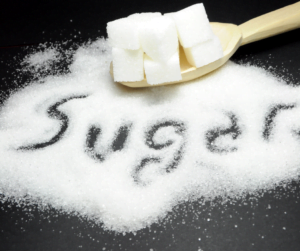
You’ll often see people try to force down “healthy” foods because they believe that the highly processed sugars, gels, and carbohydrate drinks are going to cause a sudden downward spiral in their health. The truth is, ultra-runners should not be focused on eating healthy during an ultramarathon, they should be focused on taking in ENOUGH energy.
Sure, you don’t want to drink Coca-Cola, suck on sugary gels, and take in 350 calories/hour of sugary carbohydrate drinks while you’re watching the tube. That’s silly. The problem is that some (if not most) people believe that this is somehow comparable, as far as health consequences are concerned, to doing those things during endurance exercise, like an ultramarathon. It’s not.
Optimal nutrition during exercise and optimal nutrition during rest are not the same thing. Your body is REALLY smart. It knows when to use sugar as energy and when to store it for later use (even if you don’t want it to). When you consume sugar (or other high glycemic foods) during rest, your blood sugar spikes, when you consume sugar during exercise, your body uses it to fuel exercise! Thus, preventing an excessive blood sugar spike.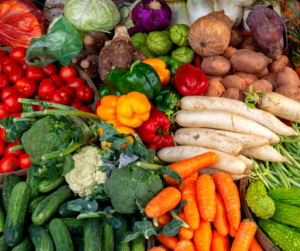
Eating whole foods is much more likely to cause G.I. issues during an ultramarathon simply because whole foods are much harder to digest. It’s certainly more detrimental to your health, hormonal balance, and recovery to consume an insufficient amount of whole foods during an ultra than it is to consume a sufficient amount of “junk food.”
Taking in enough calories during an ultra will prevent massive cortisol spikes and dips, prevent excess muscle breakdown, help with hormonal balance, and prevent overtraining syndrome, all without drastically spiking your blood sugar. So stop worrying about how healthy your food is during an ultra, save that for every other time in your life! Reach for what your stomach can handle and handle the MOST of.
By the way, this doesn’t just apply to DURING an actual ultramarathon either. It applies to long-runs, intervals, and whenever it makes sense to include some “fuel” to your endurance workouts. Countless studies confirm that LEA (low energy availability) for the endurance athlete is the enemy. Consistently taking in less calories than you are expending will eventually catch up to an endurance athlete (or any athlete for that matter) and can have devastating, and sometimes, career ending consequences.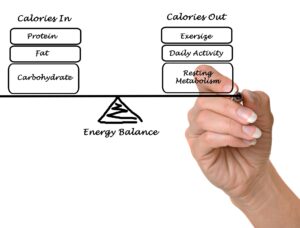
It can be very difficult for an endurance athlete to fill in the massive energy gap from high mileage training, especially when one attempts to do so solely outside of endurance activity (not during). Taking in enough carbohydrates can be especially difficult, therefore, taking in optimal amounts during training and racing is essential for long-term health, performance, and sustainability in the sport of ultra-running.
The key point – take in as many calories as your gut can handle during ultras and don’t fall into the trap of believing that you need to eat “healthy” during an ultramarathon or a workout. Just take in enough, and focus on a healthy diet when you’re at rest.
Sources
Fahrenholtz, I. L., Melin, A. K., Wasserfurth, P., Stenling, A., Logue, D., Garthe, I., Koehler, K., Gräfnings, M., Lichtenstein, M. B., Madigan, S., & Torstveit, M. K. (2022). Risk of Low Energy Availability, Disordered Eating, Exercise Addiction, and Food Intolerances in Female Endurance Athletes. Frontiers in Sports and Active Living, 4, 869594. https://doi.org/10.3389/fspor.2022.869594
Fahrenholtz, I. L., Sjödin, A., Benardot, D., Tornberg, Å. B., Skouby, S., Faber, J., Sundgot-Borgen, J. K., & Melin, A. K. (2018). Within-day energy deficiency and reproductive function in female endurance athletes. Scandinavian Journal of Medicine & Science in Sports, 28(3), 1139–1146. https://doi.org/10.1111/sms.13030
Jurov, I., Keay, N., & Rauter, S. (2022). Reducing energy availability in male endurance athletes: A randomized trial with a three-step energy reduction. Journal of the International Society of Sports Nutrition, 19(1), 179–195. https://doi.org/10.1080/15502783.2022.2065111
McCall, L. M., & Ackerman, K. E. (2019). Endocrine and metabolic repercussions of relative energy deficiency in sport. Current Opinion in Endocrine and Metabolic Research, 9, 56–65. https://doi.org/10.1016/j.coemr.2019.07.005
Wasserfurth, P., Palmowski, J., Hahn, A., & Krüger, K. (2020). Reasons for and Consequences of Low Energy Availability in Female and Male Athletes: Social Environment, Adaptations, and Prevention. Sports Medicine – Open, 6, 44. https://doi.org/10.1186/s40798-020-00275-6



